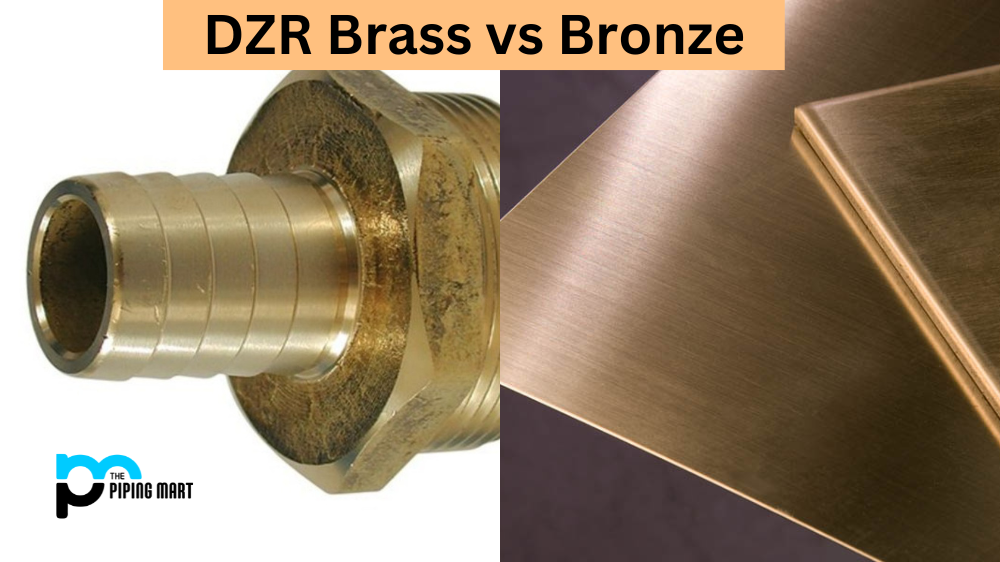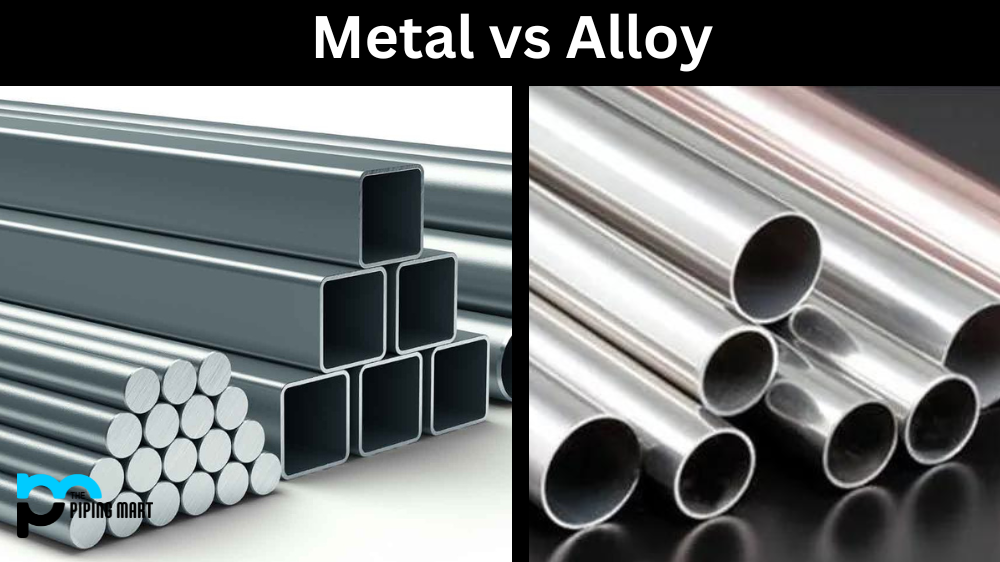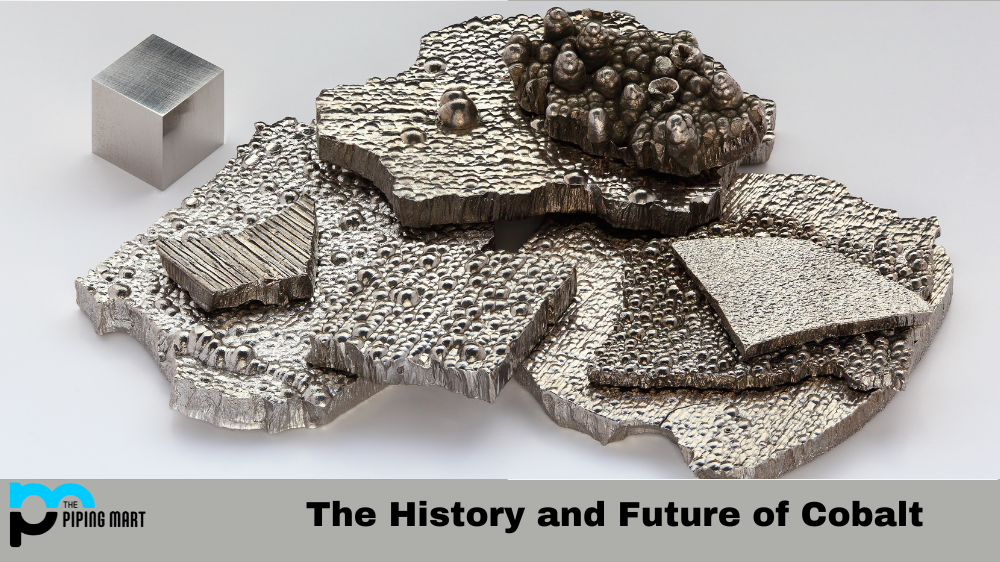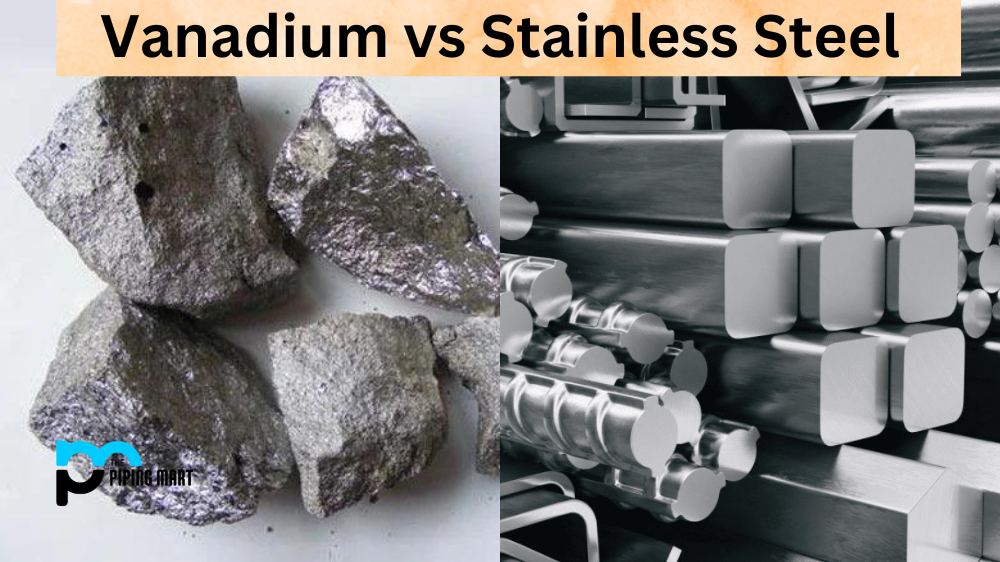Choosing the right material for your project can be a daunting task. There are a lot of factors to consider and a wide range of materials available, each with its own unique properties and characteristics. One popular choice is DZR brass or Bronze, both of which offer superior performance compared to other materials. But what’s the difference between them, and which one is right for your project? Let’s break it down!
Difference Between DZR Brass and Bronze
The main difference between brass and Bronze is the composition of their alloys. Brass is an alloy made up of copper and zinc, while Bronze is an alloy composed primarily of copper with small amounts of tin or phosphorus added in. This means that brass tends to be harder than Bronze, making it more durable than its counterpart when exposed to extreme temperatures or pressure. It also has higher corrosion resistance than Bronze since it contains less carbon, making it ideal for applications where strength and durability are important factors.
In terms of cost, DZR brass tends to be slightly more expensive than DZR bronze due to its superior properties and higher production costs. However, this extra expense can often pay off in the long run since brass will likely last much longer than other materials without requiring additional maintenance or repairs over time.
What Are the Benefits?
Both DZR brass and Bronze offer many advantages over other materials, such as aluminium or steel, when used in certain applications. For example, they are both highly resistant to corrosion from seawater and other harsh environments, making them great choices for use in water systems and other marine applications where saltwater exposure could cause damage over time. They also have superior thermal conductivity compared to steel or aluminum, meaning they can withstand high temperatures without warping or deforming, as other metals may do under similar conditions. Lastly, both are much easier to work with than some other metals due to their malleability; this makes them ideal for shaping into intricate designs without requiring specialized tools or techniques that would otherwise increase labour costs significantly.
What are the benefits of brass?
Brass is an excellent conductor of heat and electricity, making it ideal for electrical applications. Brass is also resistant to corrosion, making it a good choice for plumbing fixtures and other products that come into contact with water. Additionally, brass has a low friction coefficient, making it useful for bearings and other moving parts.
What are the benefits of Bronze?
Bronze is also resistant to corrosion, making it a good choice for marine applications. Bronze is also very strong and ductile, making it ideal for use in construction projects. Additionally, Bronze has a low friction coefficient, making it useful for bearings and other moving parts.
Which metal is more expensive?
Brass is typically more expensive than Bronze due to its higher zinc content. However, the price of both metals can vary depending on the market conditions at the time of purchase.
Which metal is more durable?
Both brass and Bronze are strong and durable metals that are resistant to corrosion. However, Bronze is typically more ductile than brass, meaning it is less likely to crack or break under stress.
Conclusion:
When it comes down to it, deciding between DZR brass vs Bronze depends on the specific requirements of your project as well as your budget constraints – however, there’s no denying that either material makes an excellent choice compared to traditional metals such as steel or aluminum due to its superior durability and corrosion-resistance properties combined with its ease of workability that makes complex designs easier to create at a lower cost overall! So if you’re looking for a reliable material that won’t rust away easily, then consider using either DZR brass or Bronze – you won’t be disappointed!

Pipingmart is a B2B portal that specializes in metal, industrial and piping items. Additionally, we share the latest information and information about materials, products and various types of grades to assist businesses that are involved in this business.




